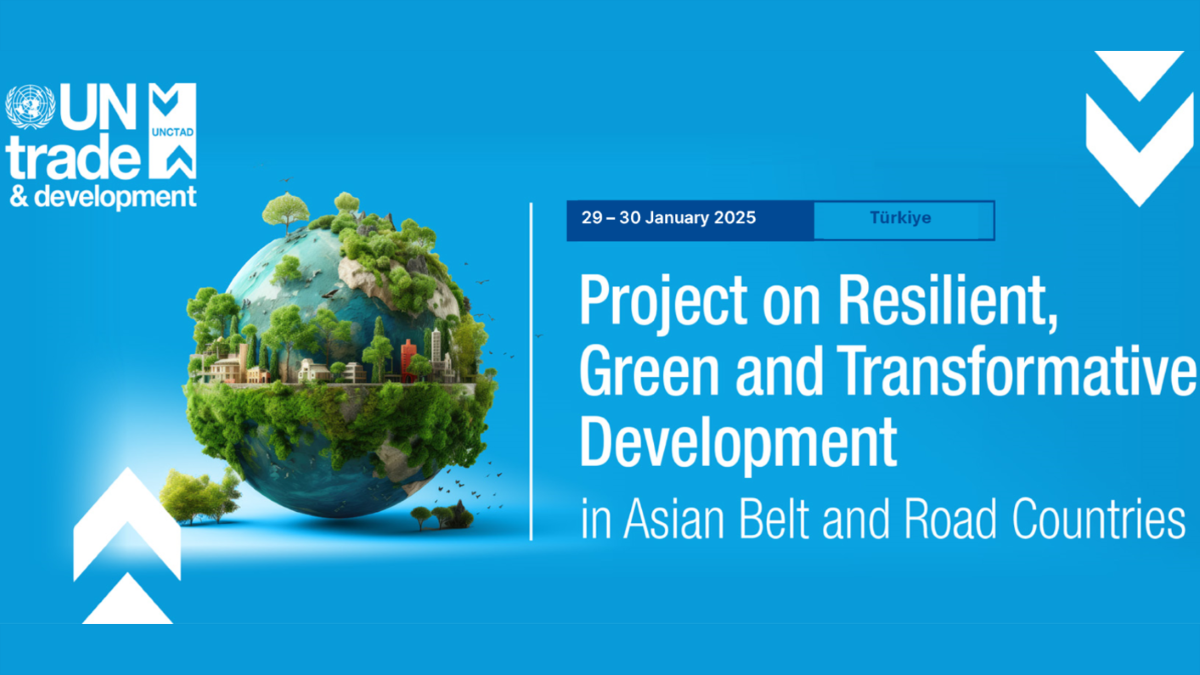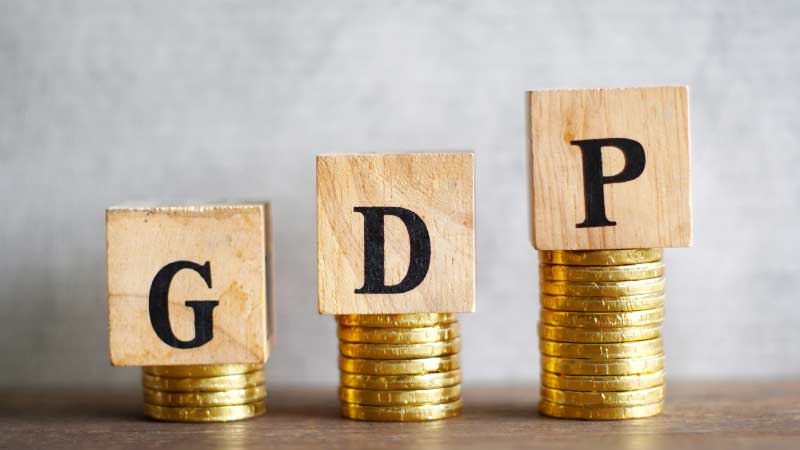Given pressing multifaceted challenges of climate change and development, it is more imperative than ever for developing countries to adopt innovative and integrated policy strategies to pursue resilient, green, and transformative development. To contribute to the debate on how to address these multifaceted challenges from the perspective of developing countries, United Nations Trade and Development (UNCTAD) has developed a project that aims to assist four major developing countries in Asia – Kazakhstan, Malaysia, Pakistan and Türkiye - in their efforts to meet the Sustainable Development Goals (SDGs) related to green transformative development. In particular, the project is designed to assist the participating countries in achieving the 2030 Agenda through 1) effective integrated policy strategies and improved capacity at national level, including South-South peer-learning; and 2) economic cooperation and policy coordination at the regional level.
Türkiye is an upper middle-income country with strong infrastructure connectivity and trade links to other Asian economies. Like most Mediterranean countries, Türkiye is highly vulnerable to the impacts of climate change. In recent decades, flooding, heatwaves, droughts, wildfires, landslides and extreme windstorms have affected the country with increasing frequency and intensity.
Türkiye ratified the Paris Climate Agreement in 2021 and aims to achieve net-zero carbon emissions by 2053. Efforts to embark on a greening agenda for industrial transformation date back to the mid-1990s and the 7th Five Year Development Plan and include incentives for renewable energy investments, improvements in energy efficiency by businesses and households, and to make agricultural production more sustainable. Türkiye today ranks 5th in Europe and 12th globally for installed capacity in renewable energy. It also ranks 4th in the world in regard to geothermal installed power, holding one-tenth of global geothermal capacity, and 7th in Europe for wind and solar installed power, as well as 2nd globally for using solar energy for heating purposes. Despite this shift to cleaner industry over the past two decades, the country’s overall carbon emissions remain among the fastest rising in the worlds among countries that disclose this information.
In this context, this project provides an excellent opportunity to support policymakers in their effective delivery of national plans and policies as well as to facilitate creating synergies and strengthening policy coordination at the regional level around green developmental transformation and industrialization.
Purpose and key objectives
Under the project, UNCTAD, in close cooperation with its local partners, Kadir Has University and the Sustainable Economics and Finance Association (SEFiA), held a successful first national consultation with local stakeholders in government, the private sectors and civil society in the spring of 2022 that centred on binding constraints and core challenges for Türkiye’s green structural transformation.
This second high-level national consultation will once again bring together national and regional policymakers, researchers and stakeholders from the private sector as well as civil society to 1) identify appropriate policies to respond to current challenges to green industrialisation, 2) identify and analyse core integrated policy strategies and areas which require stronger coordination between institutions and stakeholders, and 3) discuss the role and potential of regional synergies and partnerships for assisting national efforts in promoting green development.
It comes at an opportune moment for Türkiye that has recently launched several national initiatives to support its green transition agenda. This includes “The Green Deal Action Plan of Türkiye” prepared by the Ministry of Trade to combat global climate change and support green transformation in alignment with the European Green Deal.
*simultaneous translation available in Turkish
Related
Topic
Macroeconomics South-South cooperationProject
Event
- Green Industrialization in Pakistan: Integrated Policy Strategies for a Sustainable Future
- Panel discussion on green industrialization: Obstacles and opportunities, the case for Turkey
- Asian BRI Partners Regional Meeting - Green Development Policy Experience Sharing
- 1st national consultation on integrated policy strategies for a sustainable future of Malaysia
- 1st national consultation on integrated policy strategies for a sustainable future of Kazakhstan
Contact
Ms. Stephanie Blankenburg
[email protected]



